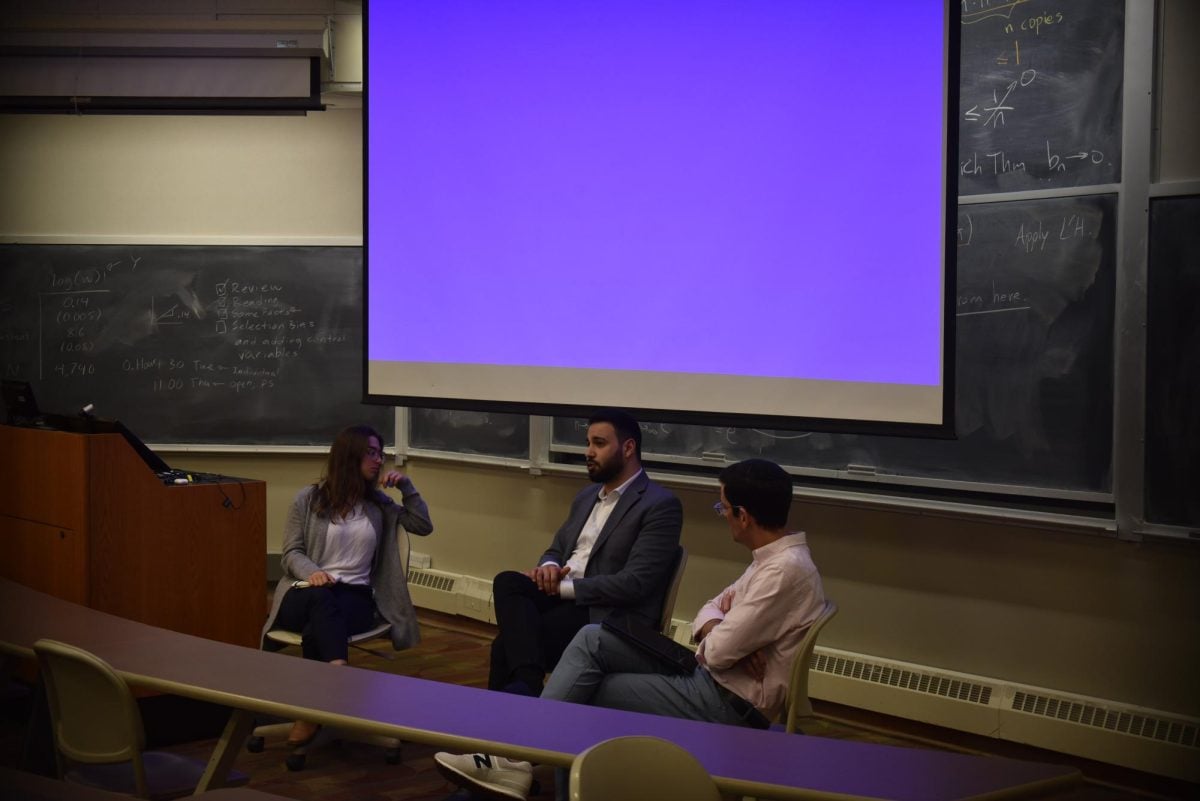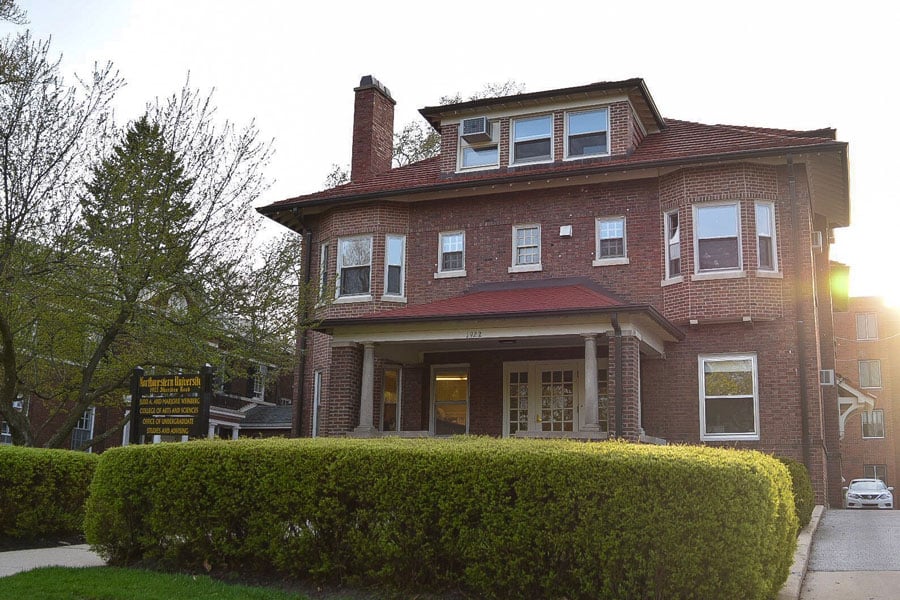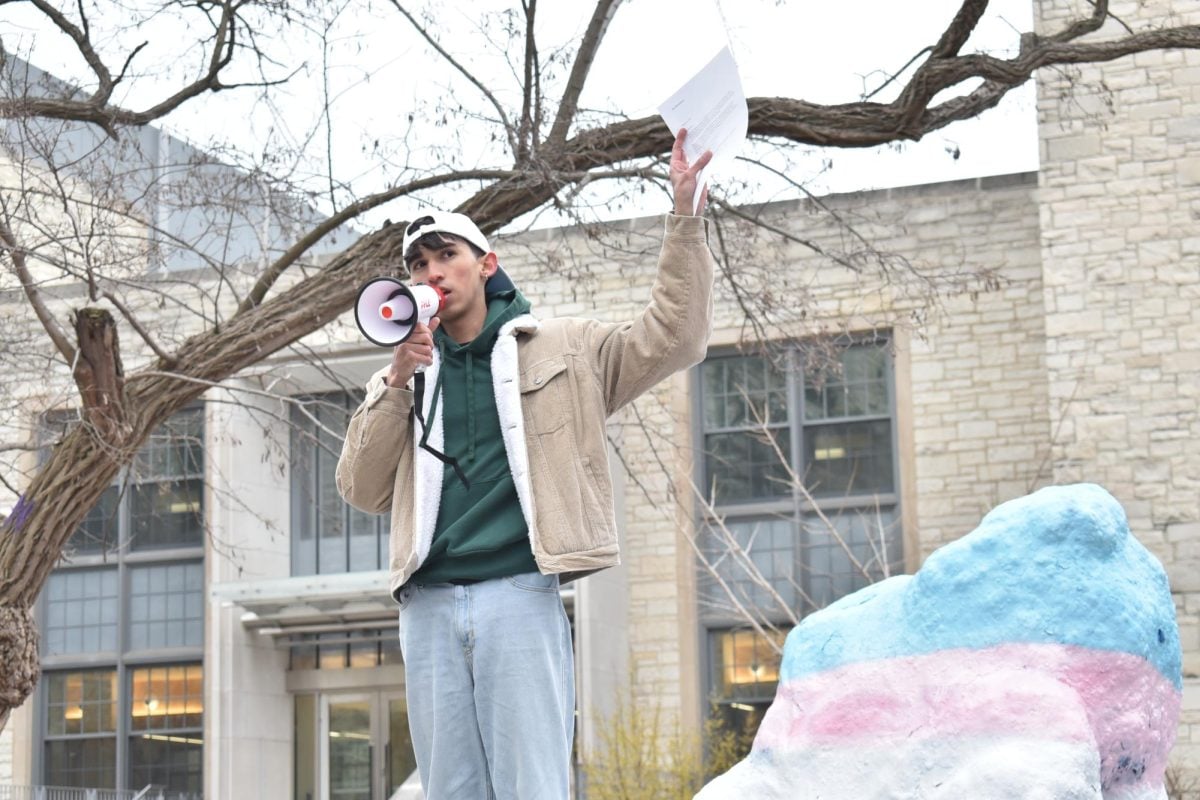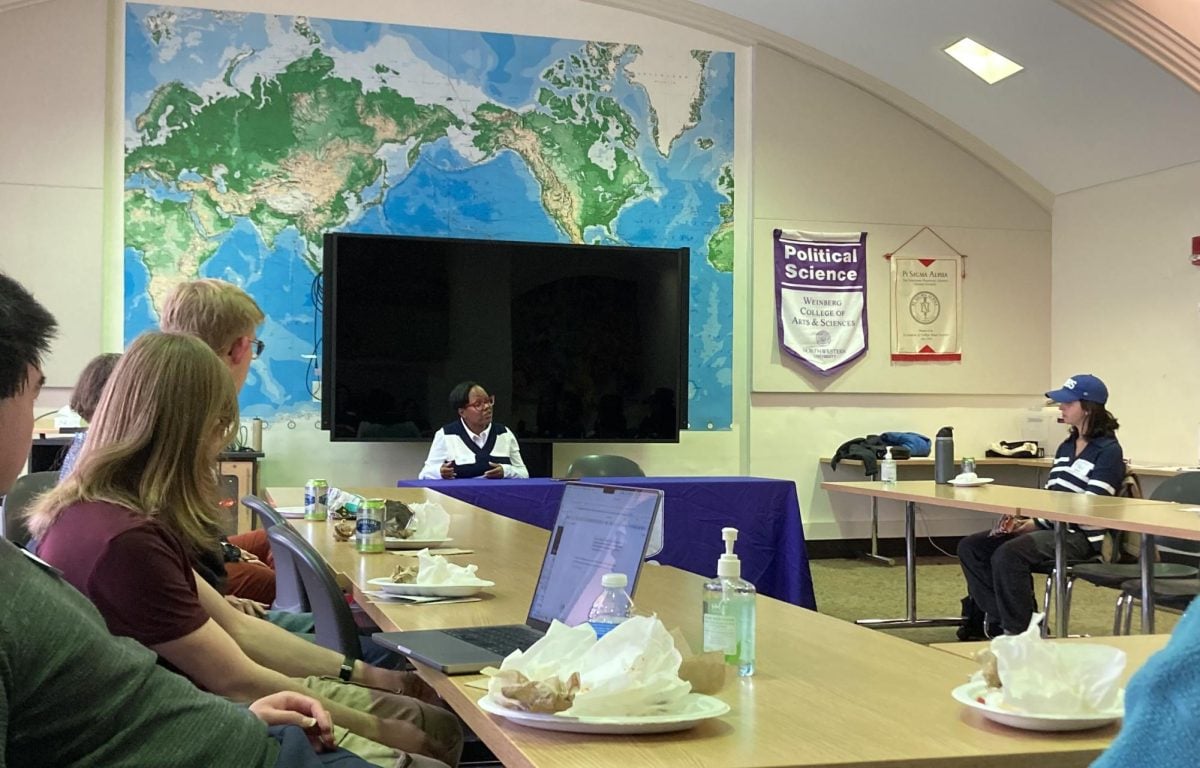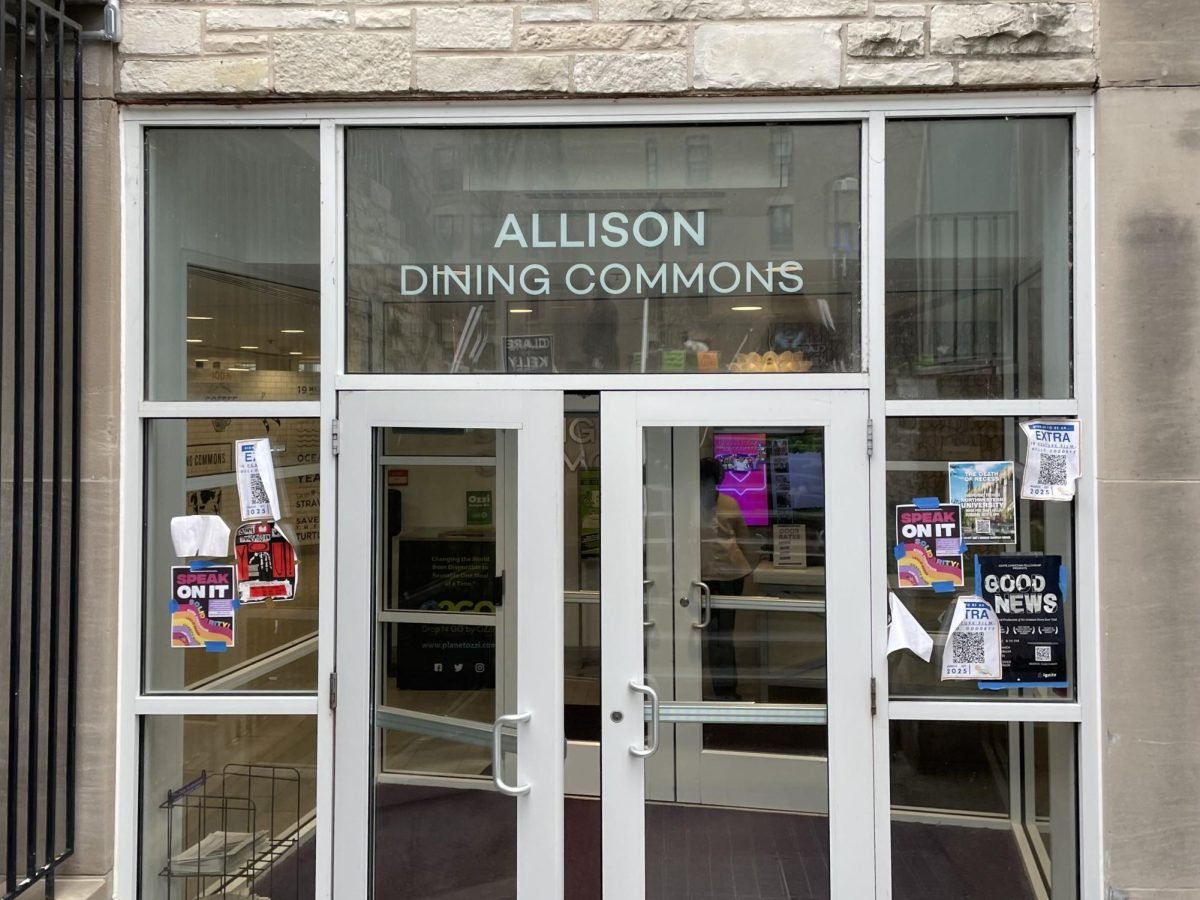About 30 Northwestern students and other community members attended “Israeli and Palestinian Policy Perspectives,” a speaker event hosted by Israel Policy Forum Atid at the Technological Institute Wednesday night.
During the event, IPF Atid National Director Shanie Reichman and Agora Initiative President and Co-Founder Khalil Sayegh spoke about what a two-state solution in the Gaza Strip could look like. The conversation was moderated by history Prof. David Shyovitz, director of NU’s Crown Family Center for Jewish and Israel Studies.
IPF Atid is an Israel Policy Forum program for young professionals that seeks to empower future generations and promote a two-state solution in Israel. It holds conversations, leadership summits and fellowships.
About 1,200 Israelis died in the militant group Hamas’ Oct. 7 attack, according to Israeli authorities, igniting tensions between Israel and the U.S.-designated terrorist group. In response, Israel has launched both air and ground offensives in Gaza, killing about 30,000 Palestinians and displacing nearly 2 million, according to Palestinian authorities.
“I think there will be a day after (the war),” Reichman said. “It’s not fair to say that to Palestinians in the middle of the war — I get that — but there will be a day after.”
Despite global calls for a ceasefire — including from the United Nations Security Council earlier this week — Israeli Prime Minister Benjamin Netanyahu has vowed to continue fighting until Hamas is destroyed.
Both speakers voiced support for a two-state solution, but they emphasized that there are many barriers to achieving that goal. Aside from historical and religious tensions, the speakers said there are third-party stakeholders who would be impacted, like the U.S., Saudi Arabia and Iran.
Sayegh, who grew up in Gaza, said even though a two-state solution is his preferred outcome, he doesn’t believe it is viable under current Israeli leadership, as swapping land will not change strongly held beliefs. He added that, in his view, the situation will only worsen with new leadership.
Reichman said she believes that the foundation of a two-state solution lies solely with Israel’s willingness to create an independent Palestinian state.
“Without Israeli agreement, I don’t see any way for two states to happen,” Reichman said. “So, even if every other country in the world recognized the state of Palestine, that doesn’t give Palestinians autonomy in practice.”
However, Reichman said she remained hopeful that there was a way to navigate Palestinian politics in a way that can satisfy the Israeli public.
When opening the event, Shyovitz stressed the importance of not approaching these kinds of academic debates “with the goal of invigorating or demolishing their views.”
“We can come at it in the spirit of critical inquiry, intellectual curiosity, collegiality and certainly a baseline level of appreciation for one another’s good intentions,” he said.
Email: DavidSamson2026@u.northwestern.edu
X: @dpsamson_
Related Stories:
— Black Studies community urges University President Michael Schill to call for ceasefire in Gaza
